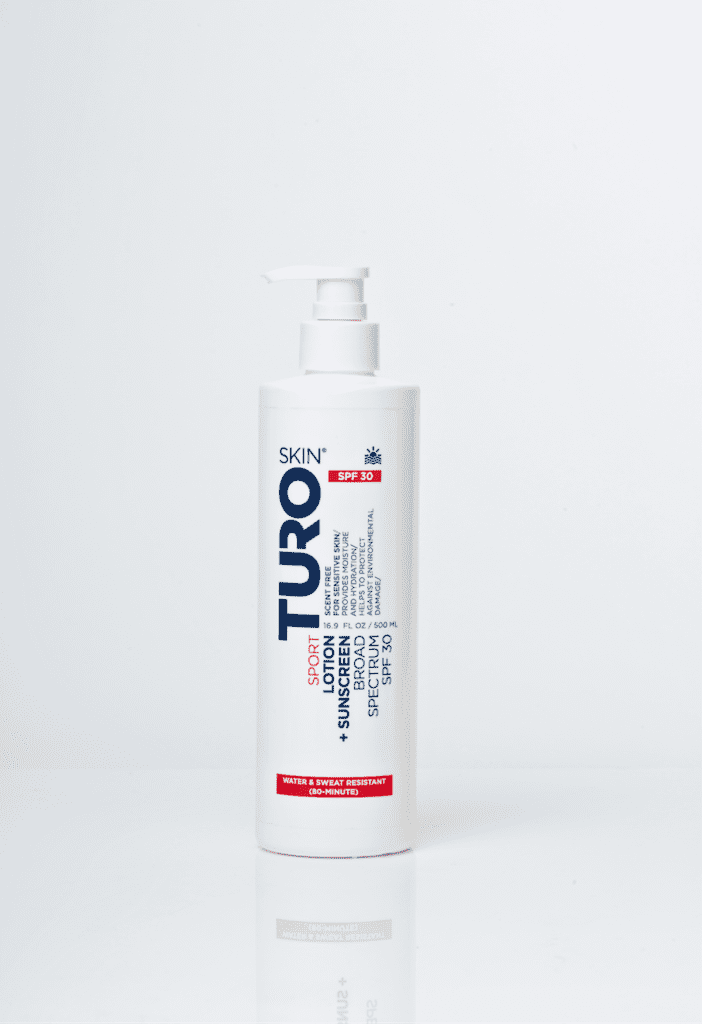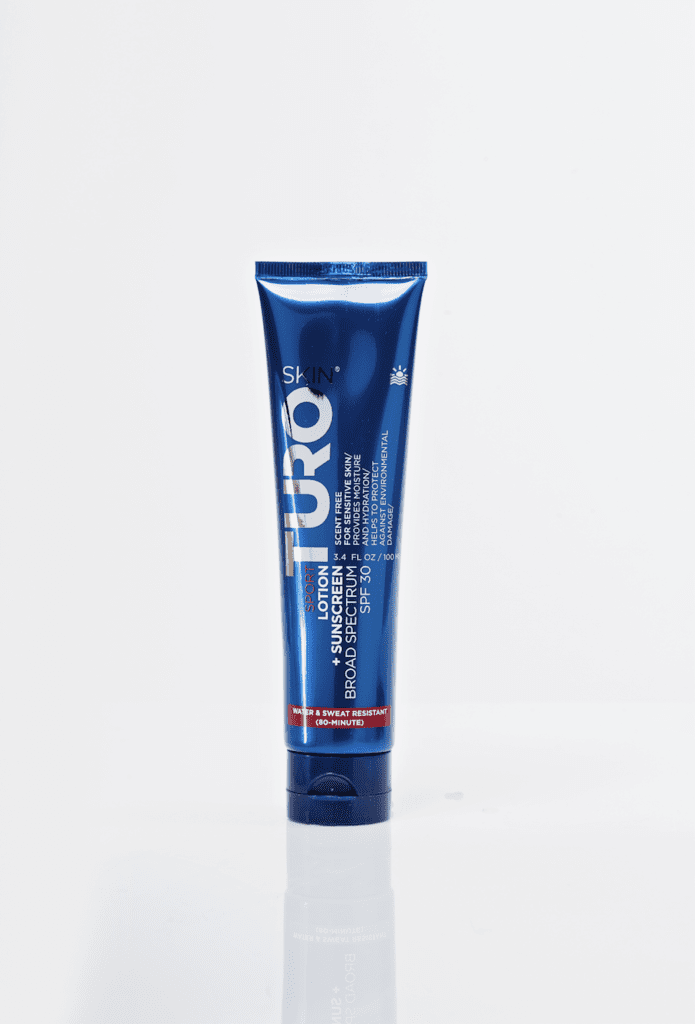Menopause Skin Disorders – Consult a Skincare Professional

Menopause skin disorders are pretty common. During this phase, many changes occur in a woman’s body and mind, which may also affect the skin. Menopause skin disorders are commonly found in a woman’s body during the transitional stage.
What Causes Menopause Skin Disorders?
Menopause is often described as a mid-life condition that occurs due to the imbalance of female hormones in the body.
In fact, estrogen has an impact on all organ systems, including the skin. Estrogen neurons are most abundant in the genital region, the face, and the lower limbs. As a result, these areas are significantly affected by low levels of circulating estrogen, which is the cause of certain skin conditions. Additionally, skin loses collagen quickly during menopause. As collagen levels decline, your skin loses firmness and begins to sag. You may notice, wrinkles previously visible only when you smiled or frowned have become permanent. Consider using retinol or peptide-containing skin care products. These ingredients can help your skin’s collagen production.
How to Treat Menopause Skin Disorders?
To overcome skin issues, you must take care of your skin during menopause.
Age spots and other sun-damaged skin symptoms
You’ll probably notice some indications if you’ve spent a lot of time in the sun without using sunscreen. Age spots and darker skin patches may appear on your face, hands, neck, arms, or chest.
Also, precancerous skin growths and skin cancer are both becoming more prevalent.
To protect your skin, you should:
 Every day before going outside, apply sunscreen to protect your skin. Apply it to any exposed skin that clothing does not cover. This can aid in the prevention of new spots, and the prevention of skin cancer. Coralai recommends:
Every day before going outside, apply sunscreen to protect your skin. Apply it to any exposed skin that clothing does not cover. This can aid in the prevention of new spots, and the prevention of skin cancer. Coralai recommends:
Dry skin
Dry skin is a problem that lots of women have to live with during menopause. That’s because when skin loses some of its ability to hold water, it causes the skin to become quite dry.
The following things can help with dry skin:
 Instead of soap, use a gentle cleanser. Soaps may dry out mature skin too much. And it would help if you avoid deodorant bars.
Instead of soap, use a gentle cleanser. Soaps may dry out mature skin too much. And it would help if you avoid deodorant bars. Coralai recommends – DELICATE SKIN CLEANSING GEL
Coralai recommends – DELICATE SKIN CLEANSING GEL After a shower, and whenever your skin feels dry, apply moisturizer.
After a shower, and whenever your skin feels dry, apply moisturizer. Coralai recommends – Timeless Moisturizer.
Coralai recommends – Timeless Moisturizer.
Facial hair
As female hormone levels fall, you may notice unwanted hair under your chin, along your jawline, or above your lip.
 Waxing is an option. But when your skin becomes too thin, it can tear and bleed. You can also try threading and tweezing.
Waxing is an option. But when your skin becomes too thin, it can tear and bleed. You can also try threading and tweezing.
Acne and pimples
Hormonal acne occurs when female hormone levels drop before and during menopause.
Treatments for teenage acne are frequently too harsh because a woman’s skin is thinner and drier. Experts advise you to:
 Wash acne-prone skin with a salicylic acid-containing cleanser. This aids in pore unclogging.
Wash acne-prone skin with a salicylic acid-containing cleanser. This aids in pore unclogging. Avoid acne treatments that dry out your skin. Acne can get worse if your skin is dry.
Avoid acne treatments that dry out your skin. Acne can get worse if your skin is dry. Coralai recommends – SALICYLIC CLEANSING GEL.
Coralai recommends – SALICYLIC CLEANSING GEL.
Skin rashes and irritation
The pH of your skin begins to change around age 50. As a result, skin becomes more sensitive, and women are more likely to develop itchy rashes and irritated skin.
This could aggravate an existing skin condition, such as eczema or rosacea.
 Use a perfume-free moisturizer. This can help to alleviate irritation.
Use a perfume-free moisturizer. This can help to alleviate irritation. Apply cool compresses to the rash several times per day.
Apply cool compresses to the rash several times per day. Bathe in lukewarm water with colloidal oatmeal.
Bathe in lukewarm water with colloidal oatmeal. Try not to scratch the rash if it is itchy. You may end up with scars on your skin. Instead, dress in soft, natural fibers like cotton to prevent further worsening of your skin.
Try not to scratch the rash if it is itchy. You may end up with scars on your skin. Instead, dress in soft, natural fibers like cotton to prevent further worsening of your skin.
A woman’s menopause is a natural process that comes with a number of unpleasant symptoms.
Keep in mind these simple changes in lifestyle choices and switching to the right skincare regimen can help you manage menopause skin disorders more effectively.


